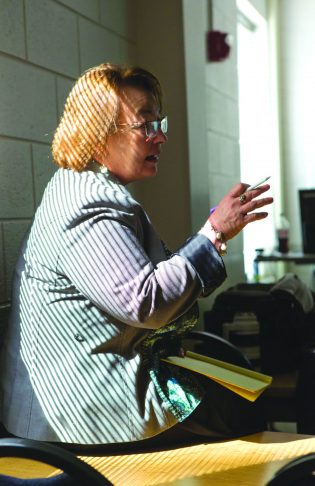The power of Memory
 Georgia Southern professor confronts personal and political horrors through narrative
Georgia Southern professor confronts personal and political horrors through narrative
Lori Amy said she started working in Albania in 2009 because it is closer to Pakistan than Savannah, Georgia.
A professor in the Writing and Linguistics Department at Georgia Southern, Amy earned a Fulbright Scholar Award to research violence as a public health issue, but with Pakistan in civil war at the time, Albania was a much safer destination for her work.
When she arrived, she found a beautiful, rich country with picturesque coastlines, a deep cultural history spanning thousands of years, and a vast amount of mineral resources. In spite of this wealth, however, she also found a population that was mostly poor — one of the poorest in Europe — and largely traumatized from its violent history.
And it was this history, and the stories behind it, that gripped her interest.
“I’m a trauma theorist,” she said. “I look at how our identities are things that we create, not based on our love and our plentitude and our connection, but on our fear. We hold ourselves up by holding ourselves against those who are not us. That’s how us-versus-them divisions are made.”
In Albania, Amy found a young population, half of which is less than 30 years old. They don’t remember the communist regime that ruled Albania for nearly 50 years and imprisoned or executed political opponents (even children as young as 11) for speaking out against the government. Their parents lived through it, however, and one in five of them were subject to “extreme coercion,” such as being arrested, interrogated, threatened and forced to become an informer at the hands of their government.
Amy interviewed many of these families, and found that, as a rule, the parents don’t like to remember these memories. They don’t talk about them, but they live with the resulting emotions those memories create, and they pass these down to their children and their grandchildren.
Amy found these young people feel suspicious, mistrustful or scared, but without “a narrative to understand why they think what they think or feel what they feel.” She recognized in these young people something similar to what she had written about in her first book, The Wars We Inherit: Military Life, Gender Violence, and Memory, in which she explores the relationship between the ideological work of military institutions and the violence in the military family in which she grew up. In her upcoming second book, Restoring the Social Fabric: Albania, the Cold War, and Building Our Futures, she maps the experiences of political violence across three generations in Albania.
In her research, Amy sees a narrative framework for the 20th Century, a century of unprecedented violence, that forces us to consider its impact on society.
“It’s pretty easy for Americans, when I’m writing about Albania, to understand paranoia and the distortion of the social fabric,” she said. “It’s much more difficult for Americans to see that in our own social fabric.
“So, the analysis that I’m doing about Albania…, is an analysis that holds up a mirror and says when we look through the mirror of Albania, how do we understand that half-century of a world divided by the Cold War? And how does that show us where we are going now?”
In order to confront this lack of narrative coherence, Amy has conducted extensive field research in Albania over the last eight years, funded by grants from several international organizations, including the National Council for Eurasian and East European Research, the American Council for Learned Societies, the International Research and Exchange Board, and many more, in order to create cultural spaces for study, discussion and more importantly, memory.
In this work, she has consulted with organizations in the process of drafting and passing a law to release the secret police files of the communist regime so that the country can finally confront its history. She has worked with civil society groups trying to convert Spaç, the most notorious prison of the communist regime, into a site of conscience and memory.
And, most recently, she cofounded OTTOnomy, a non-governmental organization funded by the Rockefeller Brothers Fund to create a center for arts, culture and education in Albania. The center employs a “mini-university” model to bring together past and present, east and west, intellectual and cultural life.
“I’m a professor because where else can we come together and really think, read and push each other to think deeper and harder and solve the problems that we’re facing,” said Amy.
To establish this center, OTTOnomy located a historical Ottoman-era Balkan villa, one of only two restorable historical monuments left in the city center of Tirana, Albania. With the help of the Rockefeller Brothers Fund and other donors, Amy hopes to create a place for the best and brightest in from Georgia Southern and from Albania to come together and do “real intellectual work along the lines of our best universities.” The center will feature 24-hour internet and database access, an exhibition space, residences for visiting professors, and a slow-food-model, self-sustaining restaurant with an outdoor café, which will help support the activities of the center.
In addition, the center will serve as a place where Georgia Southern students and professors can visit, study and research, and learn to envision an identity beyond “us and them.” Amy has already hosted several Georgia Southern students in Albania for internships and research, and an Albanian delegation visited Georgia Southern in 2013.
“We bring people together,” said Amy.“We use education to counter fear.We use culture to build bridges.We use art to make our beauty. Through art, culture and education, we do the real work of peace, which is not something we can ever do with weapons.” — Doy Cave
